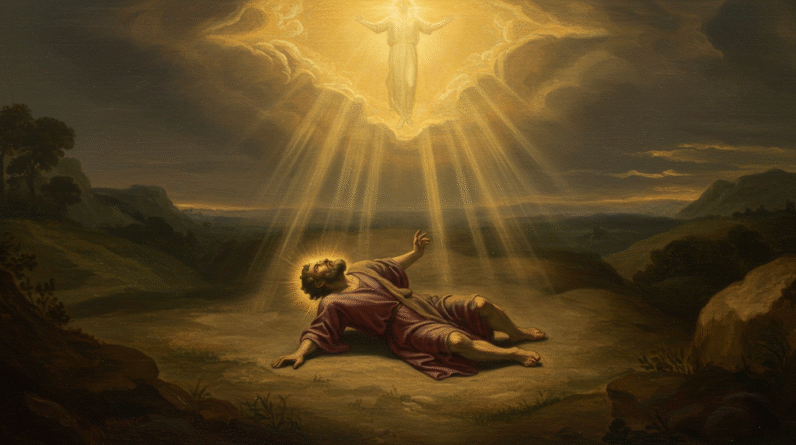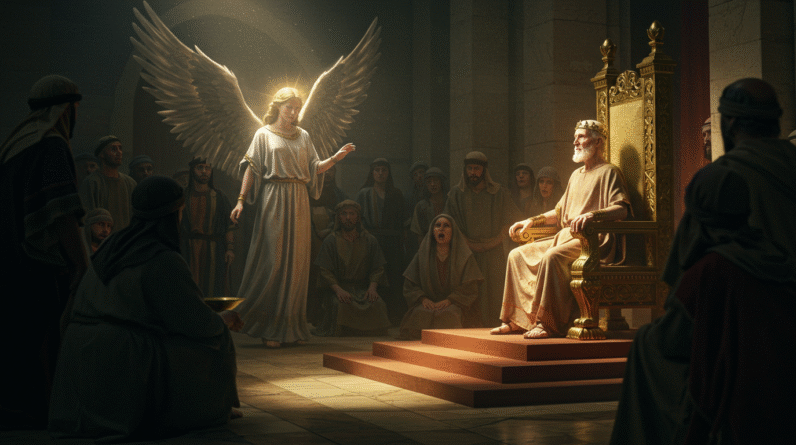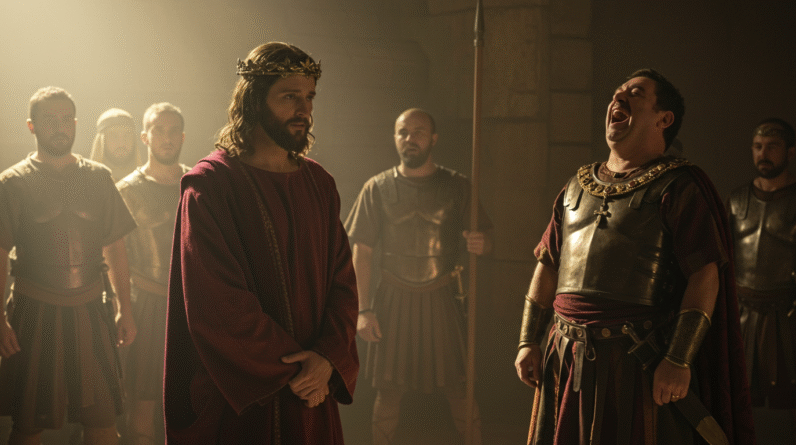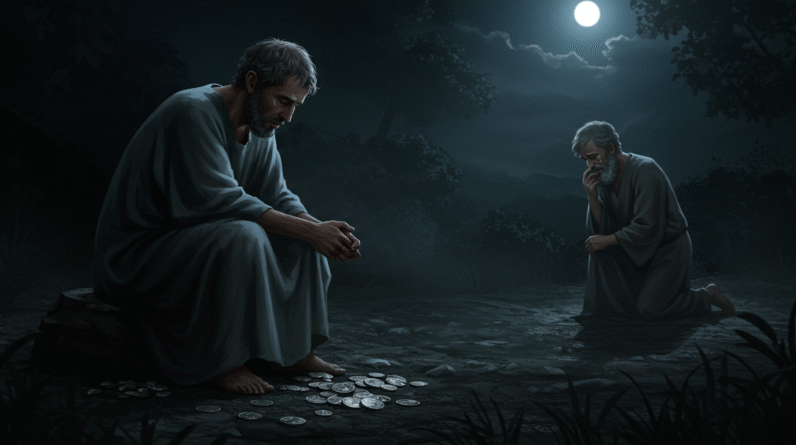Pride Before the Fall: Pharaoh’s Downfall in Exodus
Introduction
The story of Exodus is a profound narrative about liberation, faith, and an epic struggle marked by a staggering downfall. At its heart is a character, Pharaoh, whose pride led to his ultimate ruin. As you journey through this story, you will witness the catastrophic repercussions of unchecked arrogance and the timeless cautionary tale about the dangers of defying divine will. This story of Pharaoh’s pride is as relevant today as it was millennia ago, offering insights into human nature and a reflection on how hubris often precedes disaster.
The Genesis of Pharaoh’s Pride
In the ancient texts of Exodus, Pharaoh is depicted as the ruler of Egypt, the most powerful man of his time. His authority was unquestionable, and his power unparalleled. However, with great power came an overwhelming sense of pride. Pharaoh’s pride in his own divinity, in his nation, and in his accomplishments blinded him to any higher power.
His arrogance was apparent when Moses and Aaron first approached him with God’s message: “Let my people go, so that they may worship me.” Pharaoh’s rhetorical response, “Who is the Lord, that I should obey him and let Israel go?,” set the stage for a classic example of pride before the fall.
Pharaoh’s Pride and His Iron Grip on Power
Pharaoh’s sense of supremacy was not simply founded on land or wealth, but on the belief that he was a god amongst men. Captivated by his own myth, Pharaoh exhibited his pride by maintaining an iron grip on the Israelites, forcing them into brutal slavery. His pride was further exacerbated by the belief that he alone could control his nation’s fate, ignoring the very real divine warnings being presented to him.
Pharaoh’s refusal to release the Israelites and his hardness of heart illustrated his unwillingness to acknowledge a power greater than his own. His decisions were not made from a place of wisdom but from a deep-seated fear of losing his power and status. His pride, therefore, was both his shield and his sword, ultimately leading to his downfall.
The Ten Plagues: A Test of Will and Pride
The spiraling confrontation between Pharaoh and God took the form of ten devastating plagues, each serving as a direct challenge to Pharaoh’s authority and his gods. The plagues were not random acts of destruction but deliberate events meant to expose Pharaoh’s impotence against the divine will. Each plague chipped away at his pride, yet Pharaoh remained stubborn, his heart hardened by his arrogance.
From the turning of the Nile into blood (Exodus 7:20-21) to the invasion of frogs (Exodus 8:6), every single calamity targeted a key aspect of Egyptian life and supposed divine protection. Despite increasing pressure from his own advisors and the undeniable suffering of his people, Pharaoh’s pride made him unreasonable. His insistence on defying Moses’ God only exemplified his downfall.
Pharaoh’s Fleeting Moments of Humility
Occasionally, the harsh reality of his defeat appeared to break through Pharaoh’s facade. After some of the plagues, moments of fleeting humility emerged where Pharaoh seemed willing to relent. After the plague of hail, he admitted, “This time I have sinned, … I will let you go.” However, these admissions were temporary, driven more by desperation than genuine contrition. Once the threat subsided, Pharaoh’s pride reasserted itself, and his false promises showcased his inability to truly humble himself before God.
The Final Plague: A Devastating Loss
The most defining moment in Pharaoh’s story was the death of the firstborns, the last and most severe of the plagues. It was a cataclysmic strike to Pharaoh’s legacy and a brutal realization of his vulnerability. “Every firstborn in Egypt will die, from the firstborn son of Pharaoh….” The emotional devastation broke Pharaoh’s resolve, finally compelling him to release the Israelites.
This ultimate loss was a potent demonstration of the collapse of Pharaoh’s pride. His desperate command for the Israelites to leave highlighted not only his concession but his recognition of a force far greater than his own might. In the face of such enormous personal and national loss, his once unbreakable pride was shattered more completely than his city itself.
The Pursuit and the Red Sea: Pride Strikes Back
Even after the Israelites left Egypt, Pharaoh’s pride could not accept defeat. He pursued the Israelites with his army, possibly believing that his sheer force could overcome any divine intervention. This decision to chase the fleeing slaves was Pharaoh’s pride rearing its defiant head for the last time. However, God’s deliverance of the Israelites through the parting of the Red Sea and the ensuing destruction of the Egyptian forces served as a final and irrevocable judgment on Pharaoh’s arrogance. “The waters returned and covered the chariots and horsemen… Not one of them survived.”
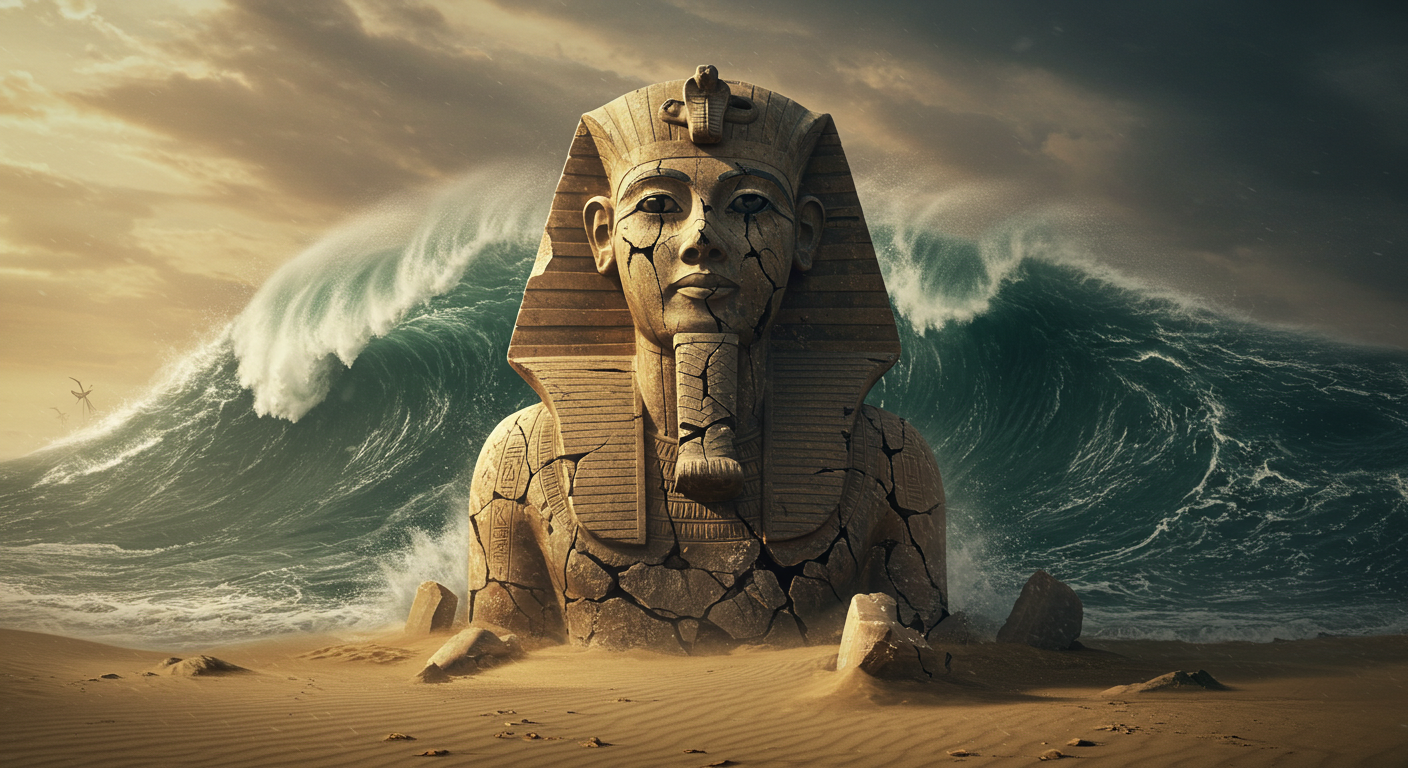
The Symbolism of Pharaoh’s Pride
Pharaoh’s pride serves as a deep-seated symbol within the Exodus narrative. It encapsulates the dangers of equating human authority with divine power. His story is a timeless reminder that pride can blind leaders to their own weaknesses and ultimately lead to their demise. By refusing to acknowledge God’s supremacy, Pharaoh sealed his fate, becoming a cautionary example woven into the fabric of human history.
Lessons for Today
While the story of Pharaoh took place thousands of years ago, its lessons are just as relevant today. In our contemporary world, where power, control, and pride manifest in varied forms, there’s a lesson to be gleaned about the timeless human vulnerabilities to hubris. Acknowledging weaknesses, adopting humility, and recognizing forces greater than ourselves can prevent modern versions of the ‘Pharaoh’s pride.’
Every individual, regardless of their power or status, can reflect on the tale of Pharaoh to seek humility and remain open to guidance beyond their control. By remembering the very human story of Pharaoh’s downfall, we can learn to recognize the immense power of humility over pride.
Conclusion
The epic tale of Pharaoh’s descent into ruin is much more than an ancient story; it is a poignant reminder of the dangers of pride. Pharaoh’s journey from the heights of power to the depths of despair underscores a universal truth about the destructive potential of arrogance against divine will. As you reflect on these events, may you find inspiration to embrace humility and wisdom in the face of power.
Explore More
For further reading and encouragement, check out these posts:
👉 7 Bible Verses About Faith in Hard Times
👉 Job’s Faith: What We Can Learn From His Trials
👉 How To Trust God When Everything Falls Apart
👉 Why God Allows Suffering – A Biblical Perspective
👉 Faith Over Fear: How To Stand Strong In Uncertain Seasons
👉 How To Encourage Someone Struggling With Their Faith
👉 5 Prayers for Strength When You’re Feeling Weak

📘 Jesus and the Woman Caught in Adultery – Grace and Mercy Over Judgement
A powerful retelling of John 8:1-11. This book brings to life the depth of forgiveness, mercy, and God’s unwavering love.
👉 Check it now on Amazon
As a ClickBank Affiliate, I earn from qualifying purchases.
Acknowledgment: All Bible verses referenced in this article were accessed via Bible Gateway (or Bible Hub).
“Want to explore more? Check out our latest post on Why Jesus? and discover the life-changing truth of the Gospel!”



